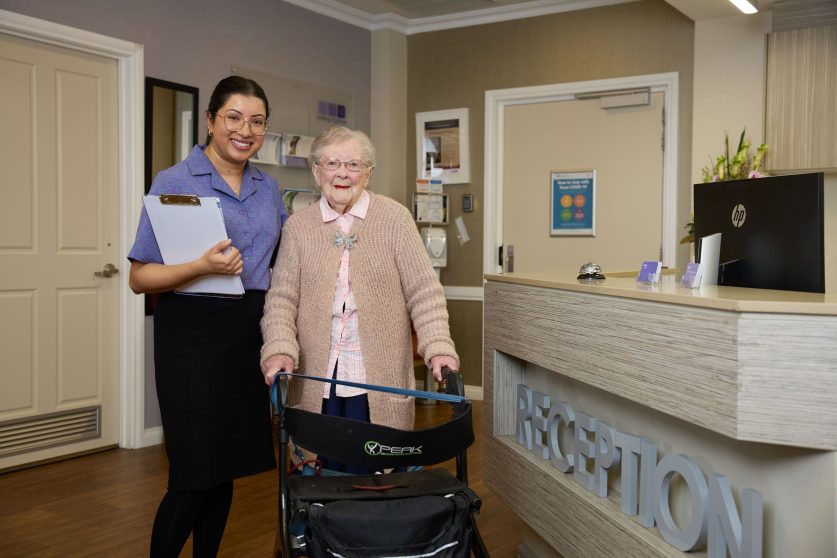1. Policy Statement
Uniting AgeWell is committed to:
- creating safe homes for customers to prevent incidents where possible, and by preventing harm caused by incidents by identifying, managing, and investigating incidents that do occur
- employing processes to understand how incidents may be prevented.
2. Purpose
The purpose of this policy is to provide information on Uniting AgeWell processes:
- Context of incident management
- Process of incident management
- Types of incident investigations
- Understand incidents that require external reporting
- Clinical Governance of Incidents.
3. Practice Standard
3.1. Context of incident management
UA is committed to supporting a “just culture” with an approach to incident management. A just culture exists where personnel feel comfortable disclosing errors, including their own while maintaining professional accountability. It includes a culture in which people are not punished for their actions that are commensurate with their experience and training, but where gross negligence or wilful violations are not tolerated. Such an approach fosters a systems approach to incident management rather than one that apportions blame to individuals. It is unproductive to blame individuals when an adverse event occurs. This can create an environment of fear and distrust in which the reporting of incidents is unlikely to occur and where the organisational and system issues that contribute to adverse events are undetected. This prevents an understanding of the true cause of incidents that needs to be addressed if reoccurrence is to be prevented.
3.2. Process of incident management
An incident is an event or circumstance which could have resulted, or did result, in unintended harm to a person or property. Incidents include adverse events, near misses and hazards.
Incident management consists of the following steps:
a) Incident is identified
b) Safety of those involved is ensured
c) Care is provided
d) Manager is notified
e) Relevant people are notified (e.g. Doctor, Next of Kin)
f) Incident is documented in customer clinical care system
g) Incident is documented in electronic incident management system
h) Incident is investigated and findings documented in electronic systems.
3.3. Types of incident investigations
Investigation of incidents is a key component of any incident management system. Investigations conducted do not examine issues of individual performance. Where a question of individual performance arises, it is managed via Uniting AgeWell’s performance management policy. The primary purpose of incident analysis is to understand how and why the incident occurred, and to identify ways of preventing a recurrence. The analysis should consider information gathered during the investigation. Identifying contributing factors is critical to understanding why the incident occurred. Preventative and Corrective Actions are essential to minimise or prevent a recurrence of the incident. All learnings, recommendations and actions are fully implemented and monitored for effectiveness. Reports and data trends are used for continuous improvement and for the identification and management of risk.
All incidents are thoroughly investigated. The type of investigation will depend upon the severity of the incident. Incidents that result in greater harm are investigated by the Quality and Risk Team.
3.4. Understand incidents that require external reporting
Some incidents require reporting to external agencies. These include incidents that defined by the Aged Care Quality and Safety Commission’s Serious Incident Response Scheme; the Department of Families, Fairness and Housing’s Client Incident Management System; and NDIS Quality and Safeguards Commission Reportable Incidents scheme.
3.5 Clinical Governance of Incidents
Clinical Governance are the mechanisms that are implemented to support safe, quality clinical care and good clinical outcomes for Uniting AgeWell’s customers. It has many elements including organisational systems, such as an Incident Management System.
Incidents are monitored by local managers, senior management and by the Board. Each level of management monitors distinct aspects of incidents. Local managers monitor individual incidents and aggregate data at a local level. Senior managers aggregate data at a regional level. The Board are provided with data at an organisational level. At each level, the data is monitored over time and trended data is used to make quality improvements.
3.6 Related Documentation
Incident Management Policy
SIRS Policy
NDIS Incident Policy
Privacy Policy
Aged Care Act 2024
